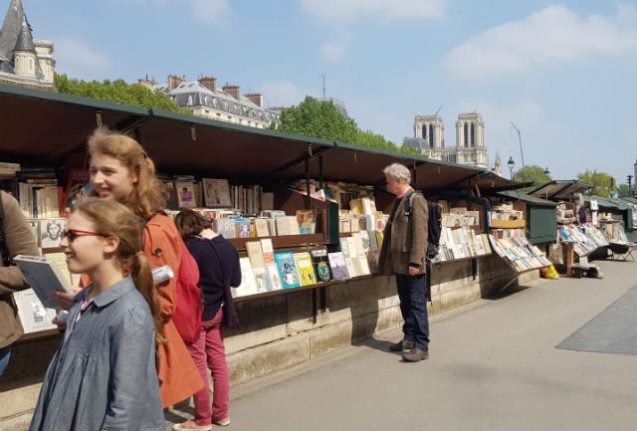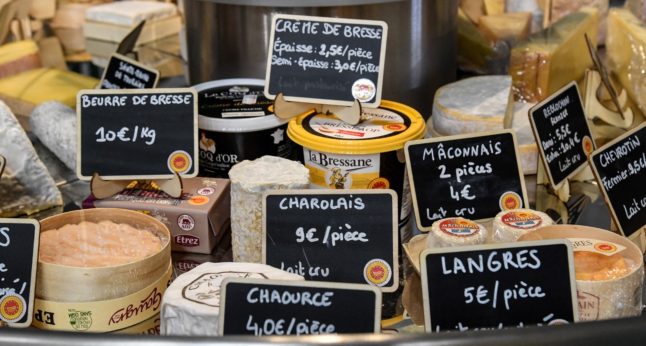On this grey and cloudy Paris afternoon, here's a video from Tuesday when the sun was shining and I was down by the River Seine speaking to some bouquinistes about their fight for survival and quest for Unesco world heritage status. pic.twitter.com/b7MkLBaI1b
— Evie Burrows-Taylor (@Eviebt) May 2, 2019
- Ten French Unesco sites you haven't heard of but need to visit
- French bakers seek world heritage status for the baguette
- Parisians seek world heritage status for bistrot terraces

“We are dinosaurs… but this is the best job in the world,” one bouquiniste told me. pic.twitter.com/LQ1cV79cCU
— Evie Burrows-Taylor (@Eviebt) May 2, 2019


“You might make more money, but is it satisfying to sell those things? Is it ultimately worth it?”



 Please whitelist us to continue reading.
Please whitelist us to continue reading.
Member comments